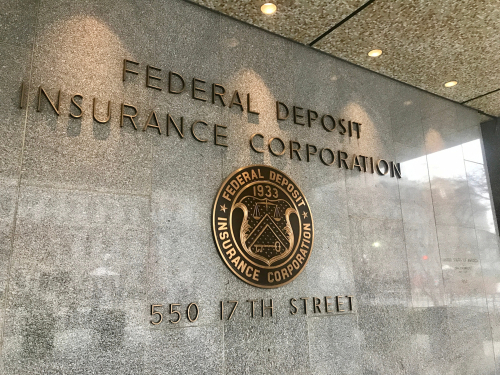The Bank Policy Institute (BPI) commended the Federal Deposit Insurance Corporation (FDIC) for its recent proposal to adjust bank regulatory thresholds for inflation and automatically index them.

In a letter to the FDIC, BPI officials said it marks progress toward a bank regulatory framework that better reflects a bank’s size, complexity and risk profile.
In addition to automatic indexing of dollar thresholds, BPI said the banking agencies should revisit the definitions of prudential regulatory categories, and the requirements applied to each category.
“The FDIC’s proposal to index regulatory thresholds in its own rules is a welcome move towards modernizing the regulatory framework and preserving its risk sensitivity and burden proportionality. The benefits of a one-time catch up followed by regular, systematic indexing are clear: institutions are not inadvertently burdened by requirements they were never meant to face, regulatory objectives are maintained, and the financial system remains efficient and robust. Coordination across federal banking agencies is essential to adopting automatic, fit-for-purpose indexing methodologies and recalibrating threshold definitions and risk measures. We urge the agencies to seize this opportunity and expand reforms to right-size the application of prudential regulatory requirements,” the letter to the FDIC states.
BPI recommends indexing prudential regulatory thresholds to nominal GDP rather than inflation.
“This proposal takes a step in the right direction, but the goal of aligning regulatory thresholds with a growing economy requires further action from all the banking agencies. As the overall economy grows, so do bank assets, but that doesn’t mean banks are increasing in risk. Rather than being frozen in time, periodic adjustments to account for inflation would help prevent needlessly saddling smaller institutions with additional safeguards that interfere with their ability to deploy capital and serve their communities,” Sarah Flowers, BPI senior vice president and head of capital advocacy, said.